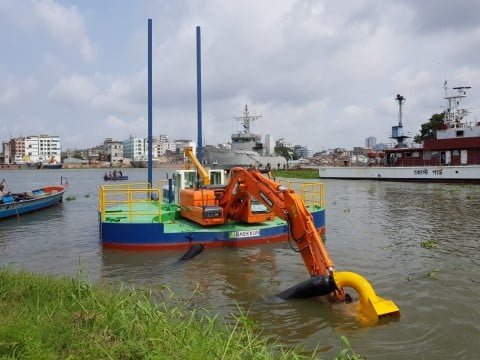Impact of recent protests

ICRA-rated securitised pools which continue to have adequate credit enhancement, their performance till December 2019 has been good with cumulative collection efficiencies of around 95% on average.
The microfinance (MFI) loan portfolio growth in Assam registered an impressive growth of over seven times between December 2017 and December 2019, aided by a mix of supporting factors such as high loan demand, entry of new players and growth in loan ticket sizes.
This growth was in line with the loan portfolio growth seen across the country and gradually became evident as the impact of demonization started wearing out.
However, according to ICRA Ratings, there is an area of concern.
While, the overall exposure to Assam by banks, SFBs, NBFCs and NBFC-MFIs (outstanding exposure of Rs.2,600 crore in Assam) has grown to around Rs.12,600 as on 30 September 2019, the asset quality has shown deterioration, mainly in (30+dpd and (0+dpd) buckets.
“The recent protests in Assam have negatively impacted MFI operations and the softer bucket delinquencies (0+ and 30+ dpd) have shot up in December 2019,” said Abhishek Dafria, Vice President and Head – Structured Finance Ratings at ICRA.
However, the actual transitioning of these overdue MFI loans to NPA is estimated to be lower on account of expected gradual improvement in overall scenario and implementation of effective collection strategies in affected districts by the lenders.
Nonetheless, the NBFC-MFIs’ portfolio growth in Assam would remain muted in the near term as lending has been tightened in the region.
It is pertinent to note that ICRA-rated securitisation pools originated by MFIs that have lending exposure in Assam have sufficient cover in the form of Credit Enhancement (CE) on account of high amortization and significant build-up of cover led by non-utilization of CC till date.
ICRA noted that the rapid loan book growth has led to some concern on the asset quality in the region. Until recent months, the collection efficiency in the state had remained high with 30+dpd remaining below 1% till 30 September 2019.
However, the on-going protests and political tensions seem to have impacted MFI operations substantially, with the share of overdue portfolio (0+ dpd) increasing sharply from 1.50% in Sep-19 to around 10.0% in Dec-19.
The districts of Sonitpur, Golaghat, Jarhat, Sivasagar, Dibrugarh and Tinsukia have been highly affected as the center meetings could not take place. In order to estimate the impact, ICRA has conducted the bucket specific portfolio analysis at an aggregate level for Assam portfolio of key originators and it is clearly evident that the softer bucket delinquencies have increased substantially over the previous quarter.
Amongst ICRA-rated transactions that were live as of December 2019, 10 pools had exposure to Assam.
Of these, four pools have a very low exposure to Assam (with share of pool principal belonging to Assam being less than 5% of the total pool size) while the remaining six pools have a higher exposure (upto ~40%).
There has been a steep spike in 0+dpd of these pools between September 2019 (average 0+dpd as % of initial principal being 1.4%) and December 2019 (average of 0+dpd being over 6%). Also, the 30+ dpd of those pools increased to 3.3% in December 2019 compared to 1% in September 2019.
During December 2019, the monthly collection efficiency of ICRA rated 10 pools were in the range of 72.8% to 99.8%. The average monthly collection efficiency of all these 10 pools dropped to 92% in December 2019 from 98.4% in September 2019.
“Majority of the ICRA rated pools with exposure to the affected districts in Assam have adequate credit enhancement cover,” added Mukund Upadhyay, ICRA Assistant Vice President.
Additionally, the performance of these pools till December 2019 has been good with cumulative collection efficiencies of around 95% on an average.
Further, majority of micro loan transactions have timely interest and eventual principal promise structure.
“As a result, any short-term disruption in collection performance should not have any material impact on timely servicing of scheduled PTC payouts,” said Upadhyay. fiinews.com









